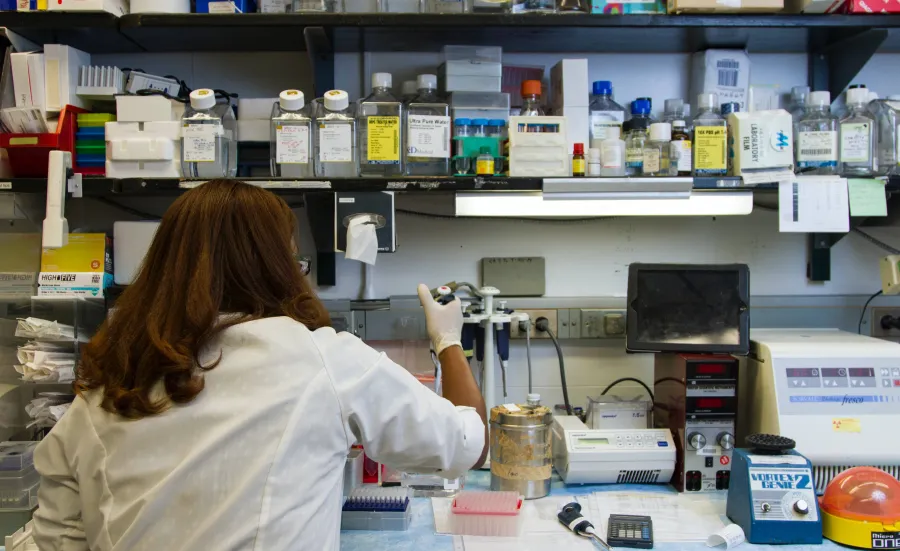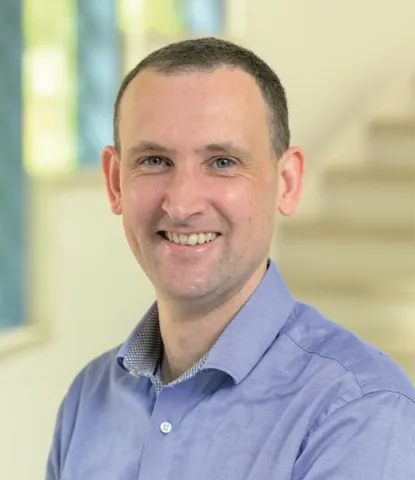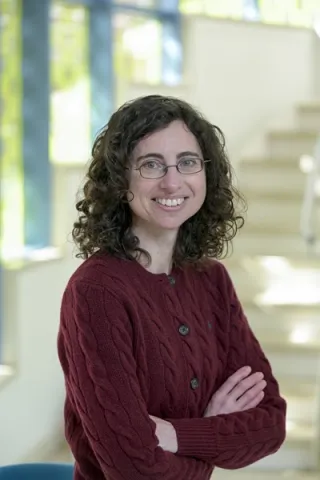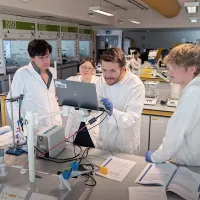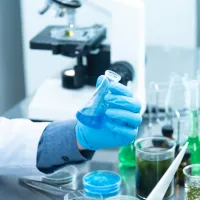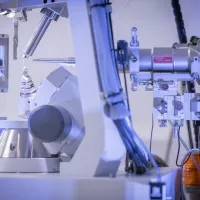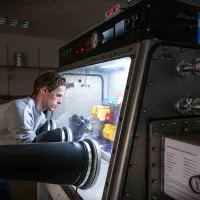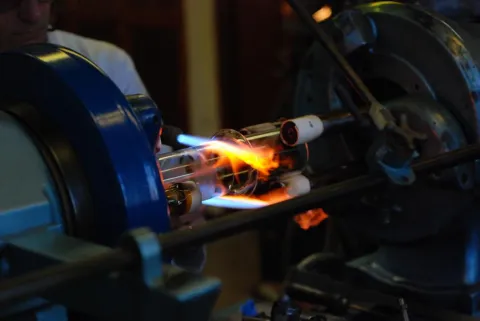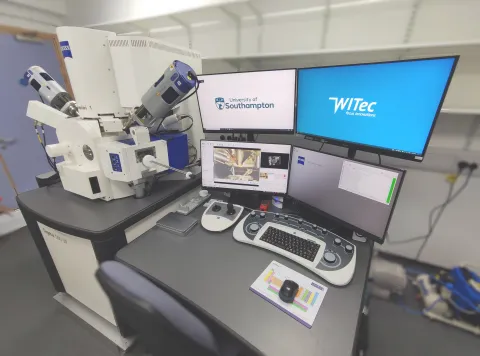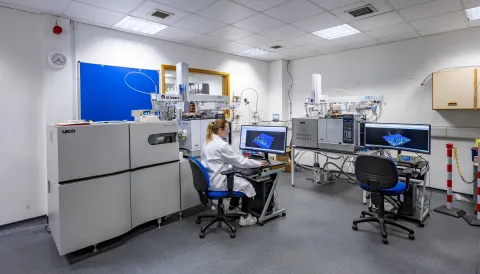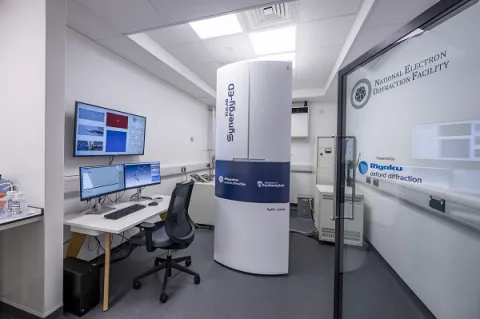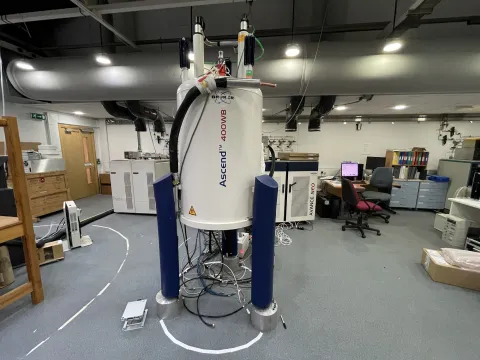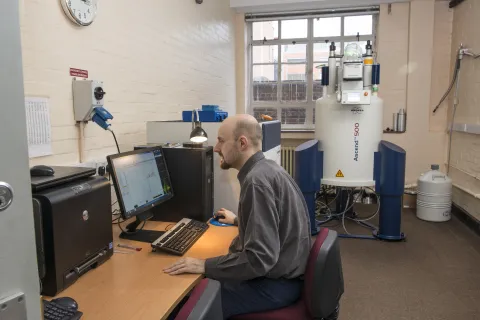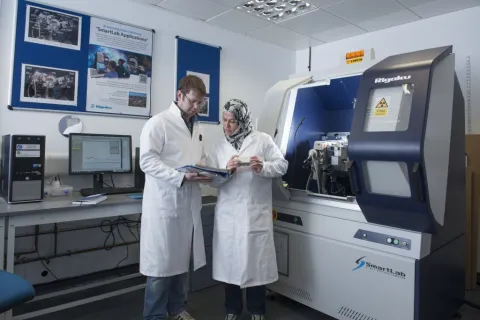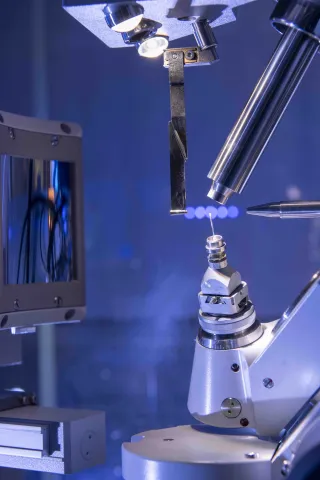Find a funded PhD project
We offer a wide range of fully funded studentships. We run several of our PhD studentships in partnership with doctoral training centres, meaning you'll benefit from enhanced training and guaranteed funding.
These studentships:
- are fully funded
- come with a maintenance grant to help towards living costs
- are open to UK and international students
View our current projects
Apply for a funded doctoral training centre studentship
Doctoral training centres offer fully funded studentships which include:
- a taught first year
- 3 years of PhD research
Find out more about doctoral training centres.
Horizon Europe programme
In association with the UK joining the EU Horizon Programme, the University of Southampton will be introducing and applying an EU fee waiver for students joining us from EU and Horizon associated countries. This means that PGR students joining us from 2025-26 will pay the same fees as UK PGR students.
See here for full information terms and conditions
Scholarships
We offer scholarships and teaching bursaries ourselves. Your potential supervisor can guide you on what is available.
If you’re an international student you may be able to apply for a scholarship from your country.
Find out more about scholarships
Fund your own PhD research project
Once you've found a supervisor, they can help you with potential funding sources. We offer match funding in some cases.
You'll need to state how you intend to pay for your tuition fees when you submit your application.
Find out more about funding your PhD
Get industry sponsorship
You may be able to fund your postgraduate research with funding from your current employer or from industry.
Take out a PhD loan
You can borrow up to £30,301 for a PhD starting on or after 1 August 2025. Doctoral loans are not means tested and you can decide how much you want to borrow.
Find out about PhD loans on GOV.UK
Apply for funding from a charity
You may be able to win funding from one or more charities to help fund your PhD.
Learn about charity funding on FindAPhD.com
EU Fee Waiver: If your country is part of the Horizon Europe Programme, you will pay the same fees as UK students.
Find out if your country is part of the Horizon Europe Programme
2026 to 2027 entry:
| Subject | UK fees and Horizon Programme applicants | International |
|---|
| Chemical Engineering PhD full time | £5,238 | £27,300 |
| Chemistry full time | £5,238 | £27,300 |
| Chemistry part time | £5,238 | £13,650 |
2025 to 2026 entry:
| Subject | UK fees | International fees |
|---|
| Chemical Engineering full time | £5,006 | £26,700 |
| Chemistry full time | £5,006 | £26,700 |
| Chemistry part time | £2,503 | £13,350 |
Access full fee information from previous years.
Alumni discount
You're eligible for a 10% alumni discount on a self-funded PhD if you're a current student or graduate from the University of Southampton. This will not apply for programmes that are externally funded. Please check the fees and funding section.
